Nine-year-old Jasmine Aung walked up to a large brick building with her family, all dressed in traditional Karen clothing. Her dad leaned down to her and whispered something in her ear.
“Remember the national anthem just in case anyone tests you,” he said.
Even though Aung has never been back to Malaysia and in her memory, she’s always lived in America, she didn’t become an American until that day.
After entering a large auditorium, she was separated from her mom and sister. Once she was called up, she sat beside her dad and sang the national anthem.
“We just really wanted to prove that we deserved to be in America just as much as anyone who was born there,” she said.
For Aung and her family, it took years to get to that day. After living in the United States for five years on a green card, her mom and dad studied for over a year for the test that gave them and their children citizenship, a test that 7-year-old Aung had to help them prepare for. She spent hours translating legal documents, American history textbooks and papers from English to Burmese.
“Getting that citizenship, I felt that I was worthy of being here and worthy of calling myself an Asian American,” she said.
As soon as the family received their citizenship certificates, her parents hung them on their living room wall.
For Aung and her sister, their whole life had been in America. They don’t remember when their parents left Myanmar and went to Malaysia to escape the unstable political and military atmosphere there. Two years later after Aung was born in 2009, their parents decided to move to the United States in search of the “American Dream,” a journey that Aung and her sister have only heard about in stories. They may not remember what came before arriving in the U.S. But they remember all that followed.
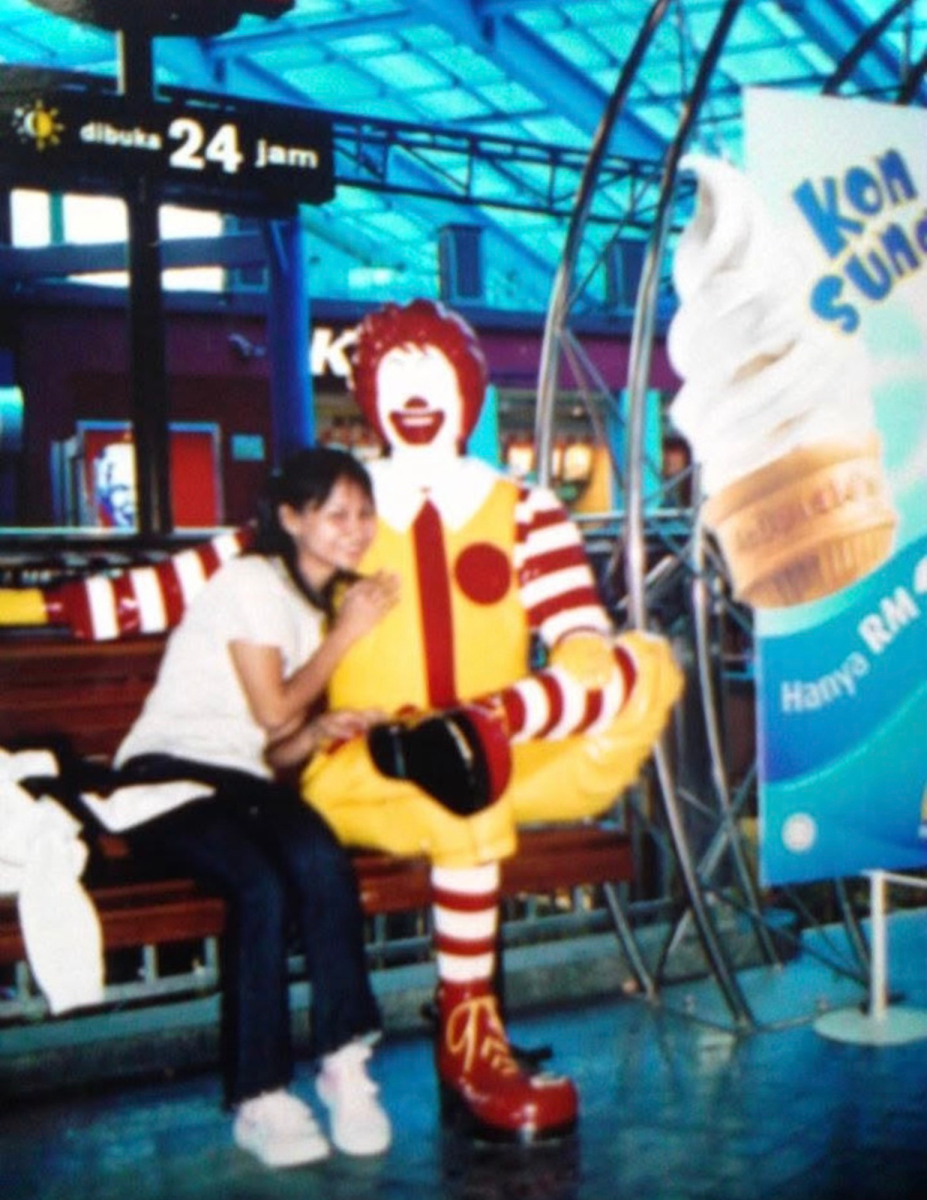
In Aung’s younger years, she didn’t see a difference between herself and her peers. Some would ask her why her mom was never around. But she knew it was because her mom was busy working or studying for the citizenship exam. Others wondered why her English was not perfect. She knew it was because it wasn’t her first language. Some asked why her food looked so different. It wasn’t different for her—the samosas, spring rolls and mohinga were all made by her mom.
But, as she grew older in elementary school, she began to feel different. She started noticing things like the fact that the students who spoke English at school would also speak it at home though she did not. Her mom’s cooking, which she loved, began to be something she didn’t want. Instead, she cried and begged her mom to buy her Lunchables, since that’s what all the other kids had. And, sometimes, she told her mom she didn’t want to speak Burmese and spoke English instead.
“I really did suppress my culture a lot when I was younger and though my parents did want me to translate for them and stuff like that I didn’t want to at first,” Aung said. “I wanted to be American. I wanted to be those beautiful blue-eyed, fair-skinned people. I didn’t want to be myself basically.”
But as she’s grown older, she wished she hadn’t saved her Burmese side for just her home life. If she could go back in time she says she would knock some sense into herself and not neglect the other half of her. But even now, she understands the difficulty with her two worlds.
“I kind of do struggle with trying to figure out if I’m American enough or if I’m Burmese enough, you know?” Aung said. “It feels like also because I didn’t grow up in Myanmar, it’s hard for me to really connect with it. I’ve tried to connect with it as much as possible, and I do think I am very connected with it, but it feels like I’m always missing something.”
Much of what she’s missing is her experiences back in Myanmar and Malaysia. The sadness of knowing that the question of whether or not you will be seeing your family over the break will almost always be a no, and the jealousy of seeing other students who always answer yes.

“I sometimes feel a little left out,” she said. “I’ve never really celebrated a big Christmas dinner with my whole family or a big Thanksgiving dinner with my whole family, and I want to one day. I really hope I do, but I just don’t think I can see that in the near future.”
Feeling different has always been part of her experience but when COVID started, anti-Asian backlash became real and that was new for her. Even though she has never even gotten COVID-19, someone once yelled at her that she started the whole pandemic.
“I really saw, like … this is how people really see us,” she said.
One day, as Aung sat down on the bus and other college-aged Asian students sat next to her, a woman on the bus began to yell at them, saying she didn’t want to sit by the Asian people.
“I’ve always been proud of my culture, and I’ve never tried to hide it,” Aung said. “But seeing that, just based on how I looked and how these other students looked, was just really scary and sad. There’s just people who are missing out.”
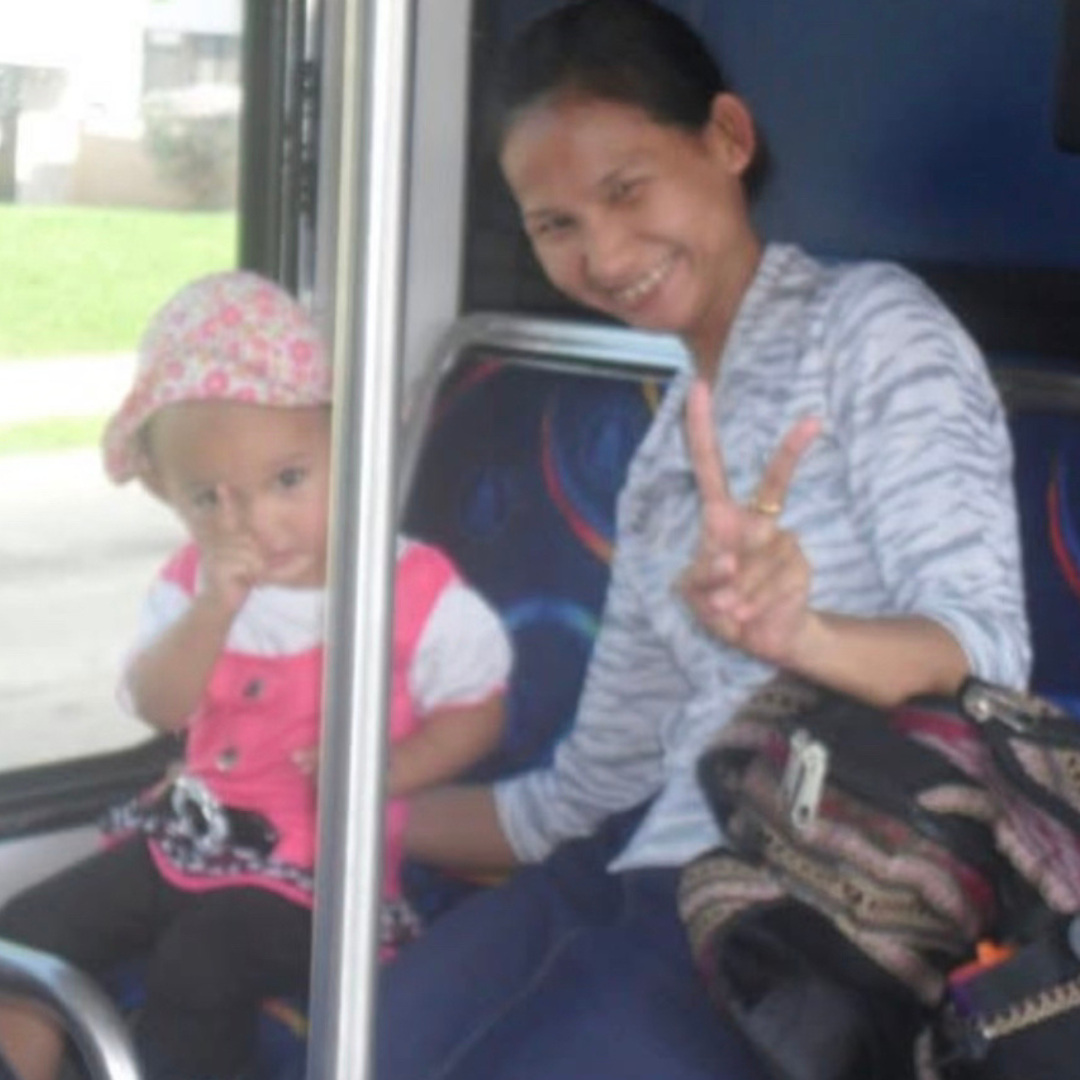
Her sister, Tabitha, who was born in the United States and is 11 now, has dealt with similar experiences, like kids calling her ching chong or other slurs. Aung has also seen her mom be talked down to or belittled just because of her appearance or language barrier.
“My mom wants us to do what we want to do because she wants us to be happy, but she wants us to fit into American culture,” she said. “She also wants us to keep a part of our culture alive, but she’d much rather us not be bullied and not be discriminated against than try to keep up with our culture. It’s just because she doesn’t want people to see us any differently.”
Even with what can seem like a balancing act, she knows why she’s here. Her parents dreamed of a better life, a better life that Jasmine has the opportunity to achieve. Jasmine still sees the citizenship paper plastered in her living room every day, a reminder of the sacrifices her parents, and entire family, have gone through in order for her to have the opportunities she has today.
“My mom doesn’t want me to end up like her,” she said. “She shows me her hands, and she goes ‘Do you see my hands? Do you see how dirty they are?’ Because that’s how you have to work in a warehouse and she goes, ‘I want you to be able to have your nails done every week. So I don’t want your hands to look like my hands. So please at least try to go to college.’”
While Jasmine has felt as though she’s had to prove to America that she belongs in the only country she ever remembers living in, she continues to feel the pressure from her Burmese side as they hope she’ll succeed. And, she keeps pushing through the balancing act of being a first-generation American.

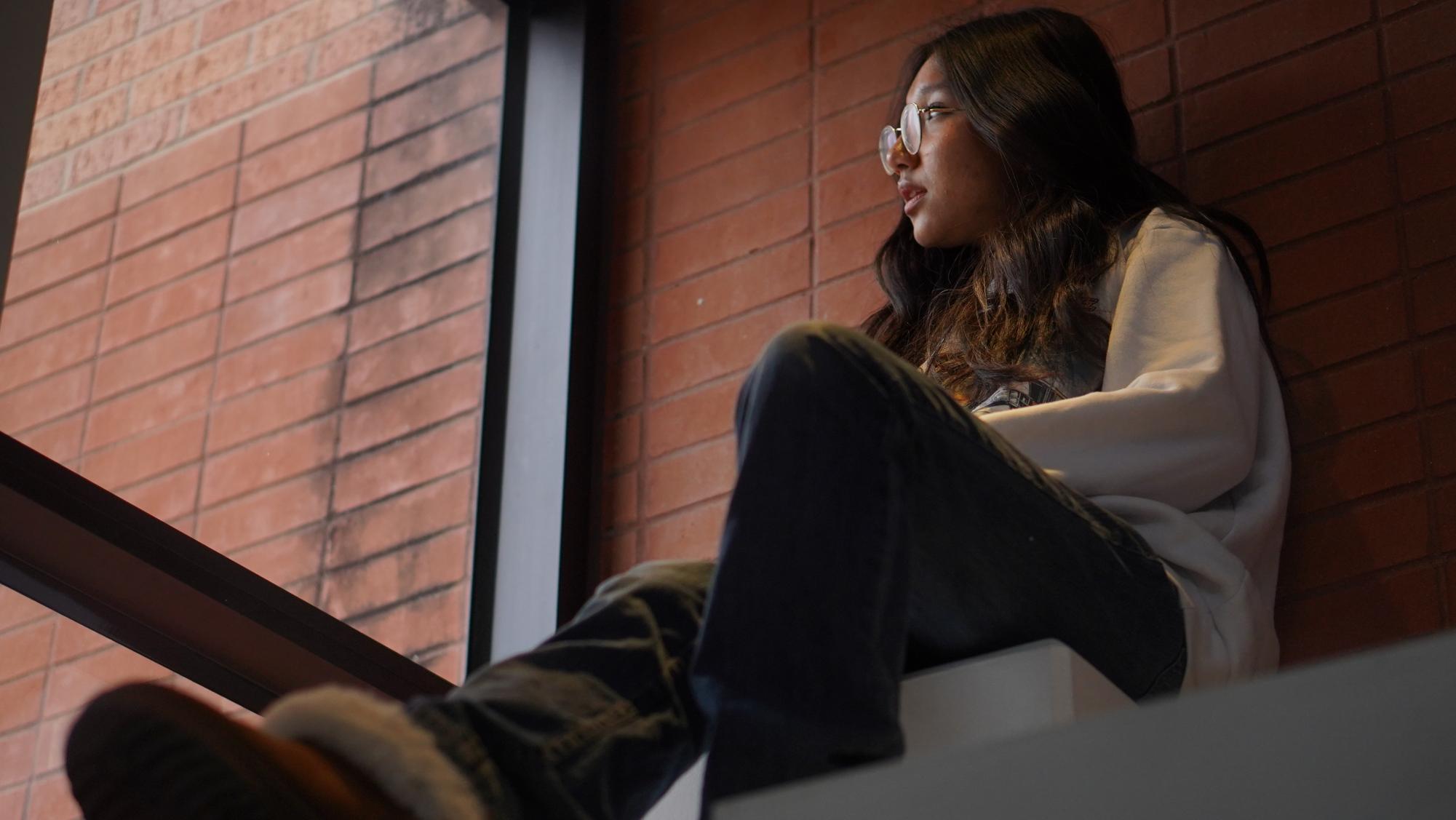

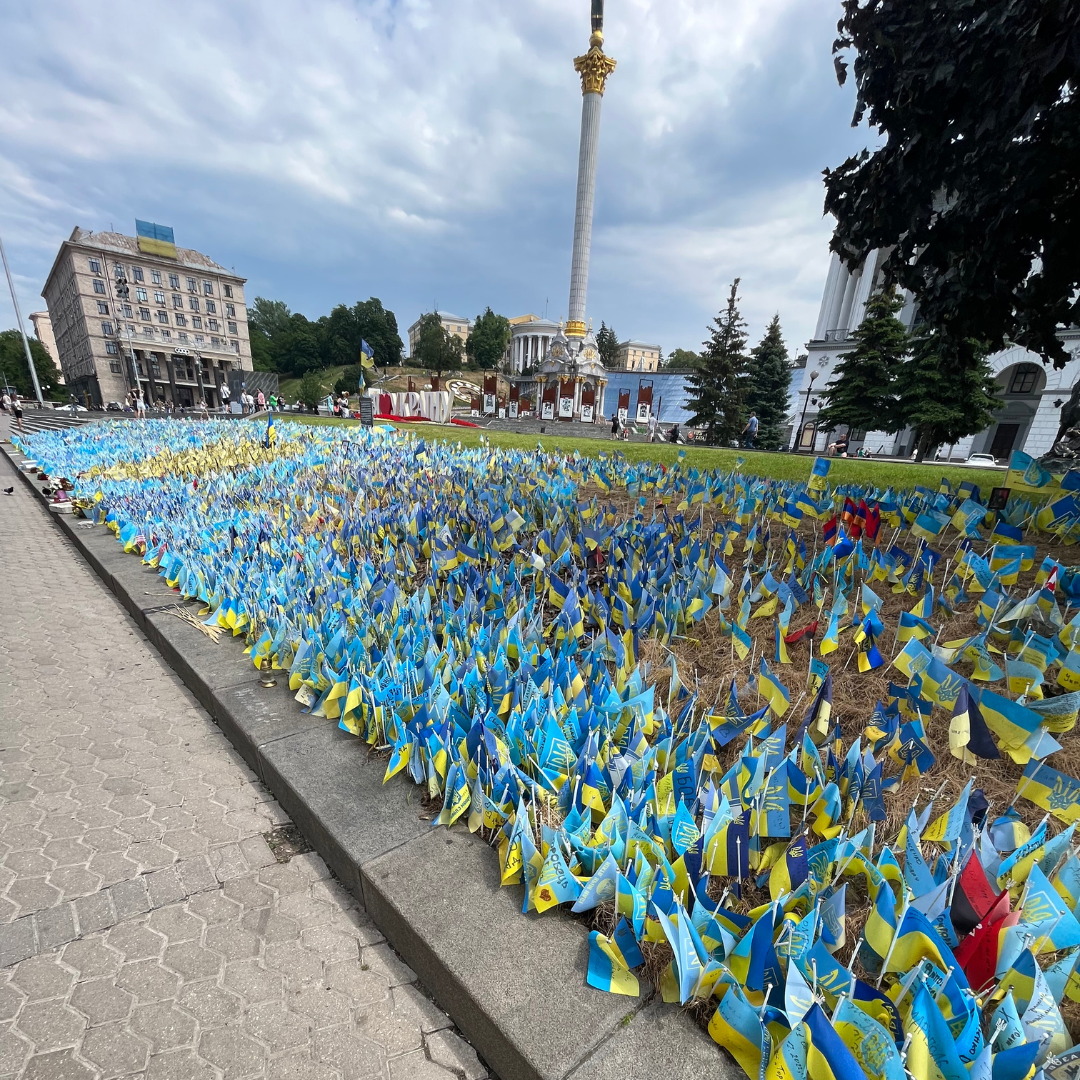
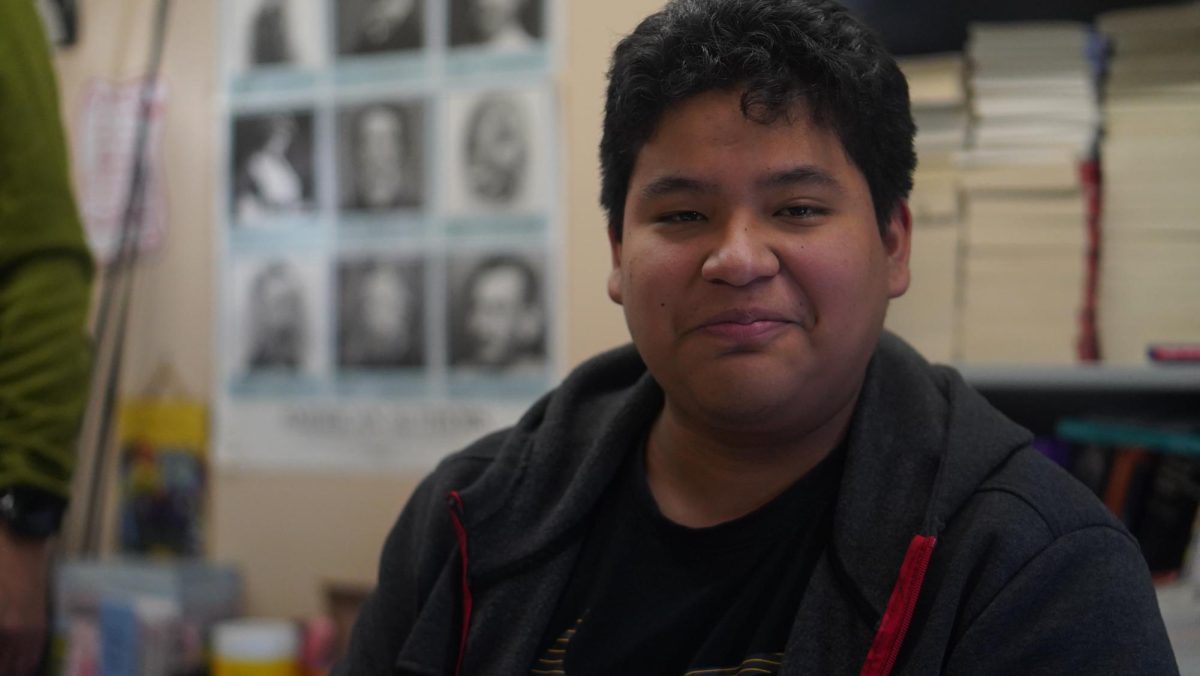
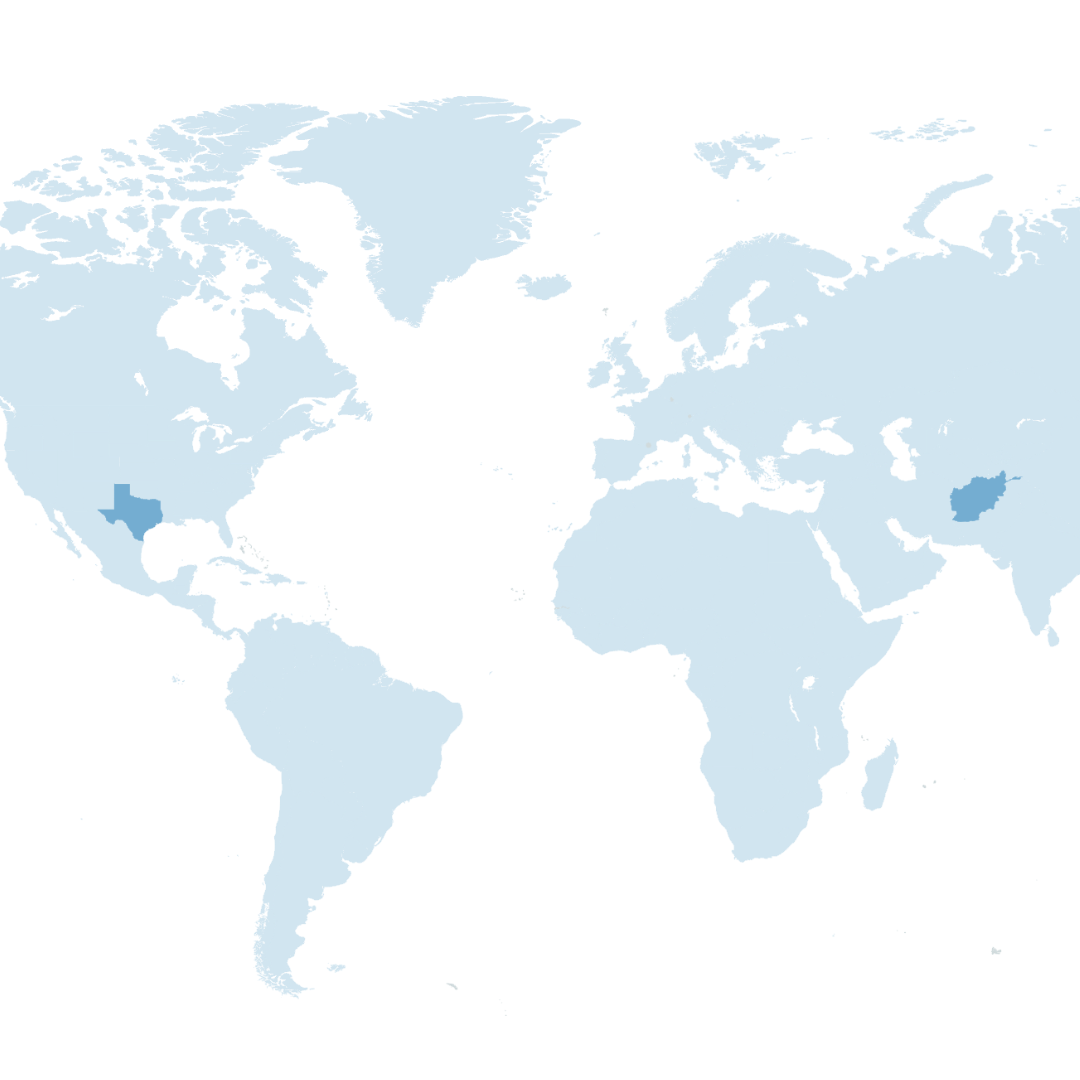
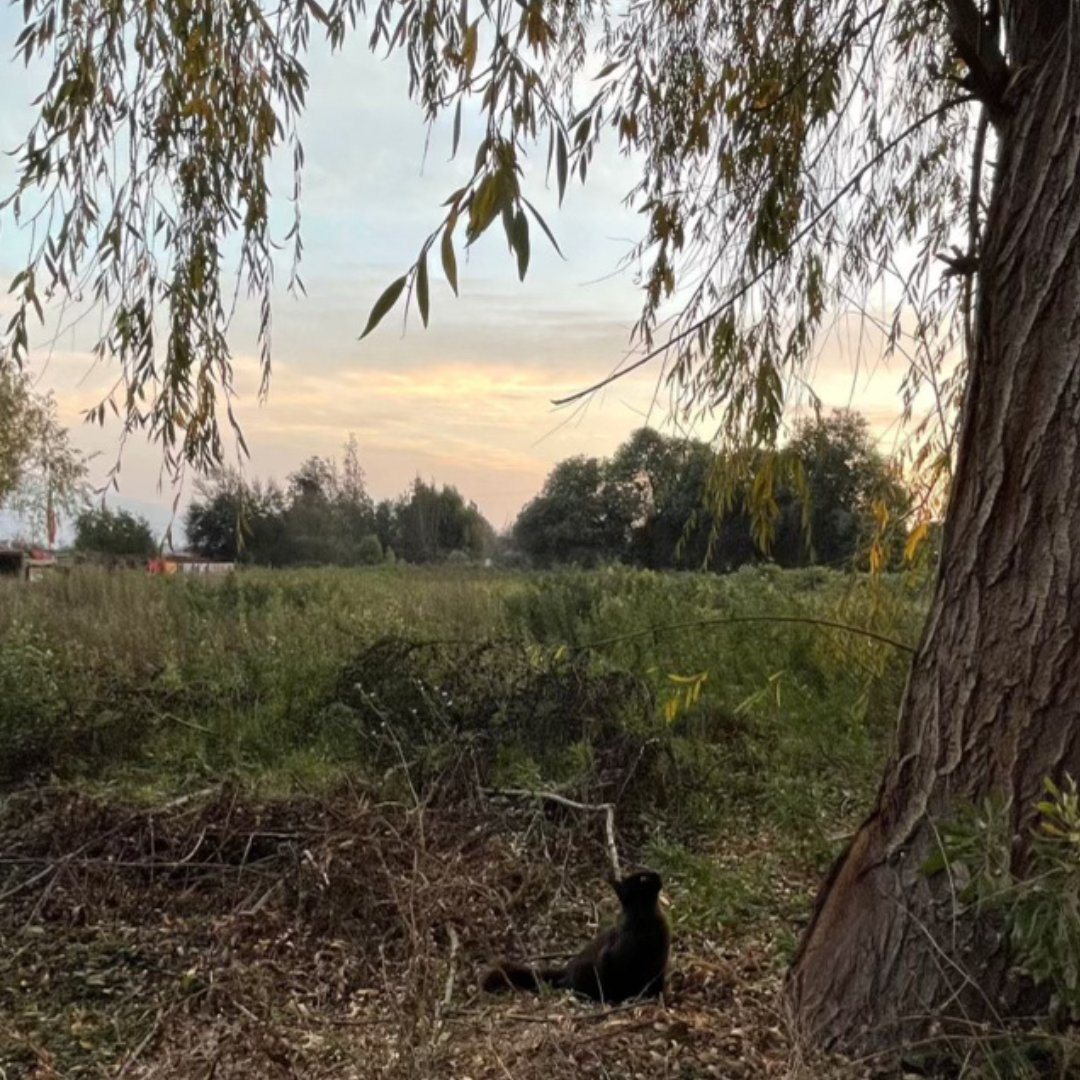
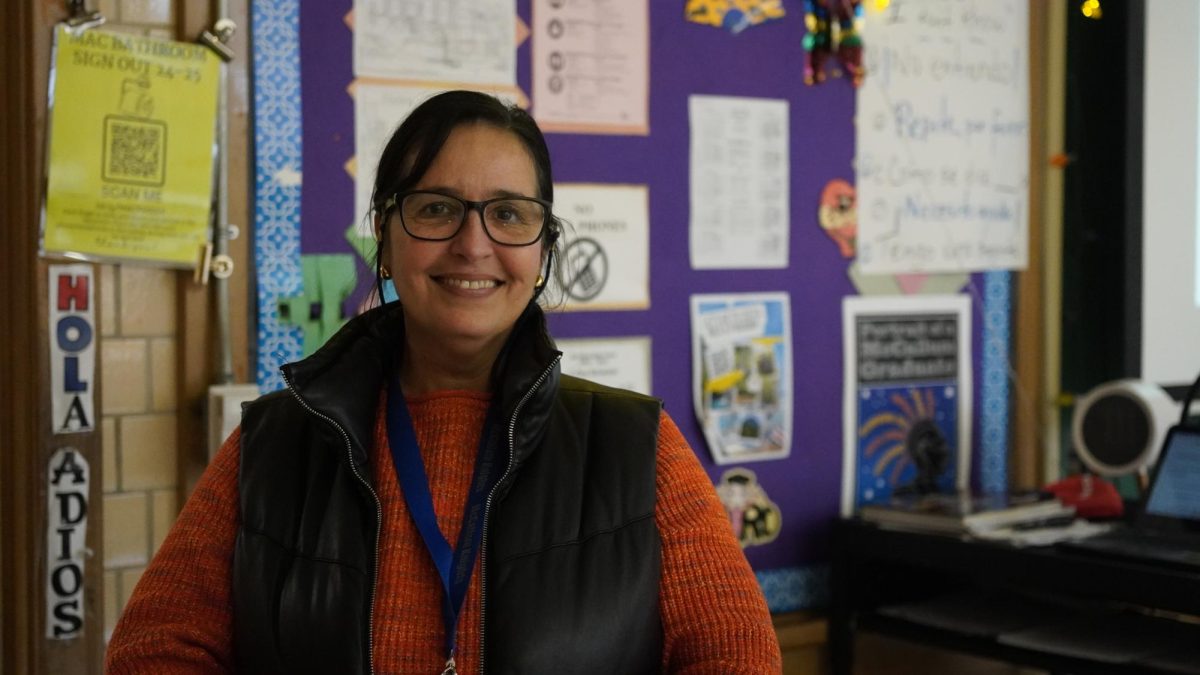
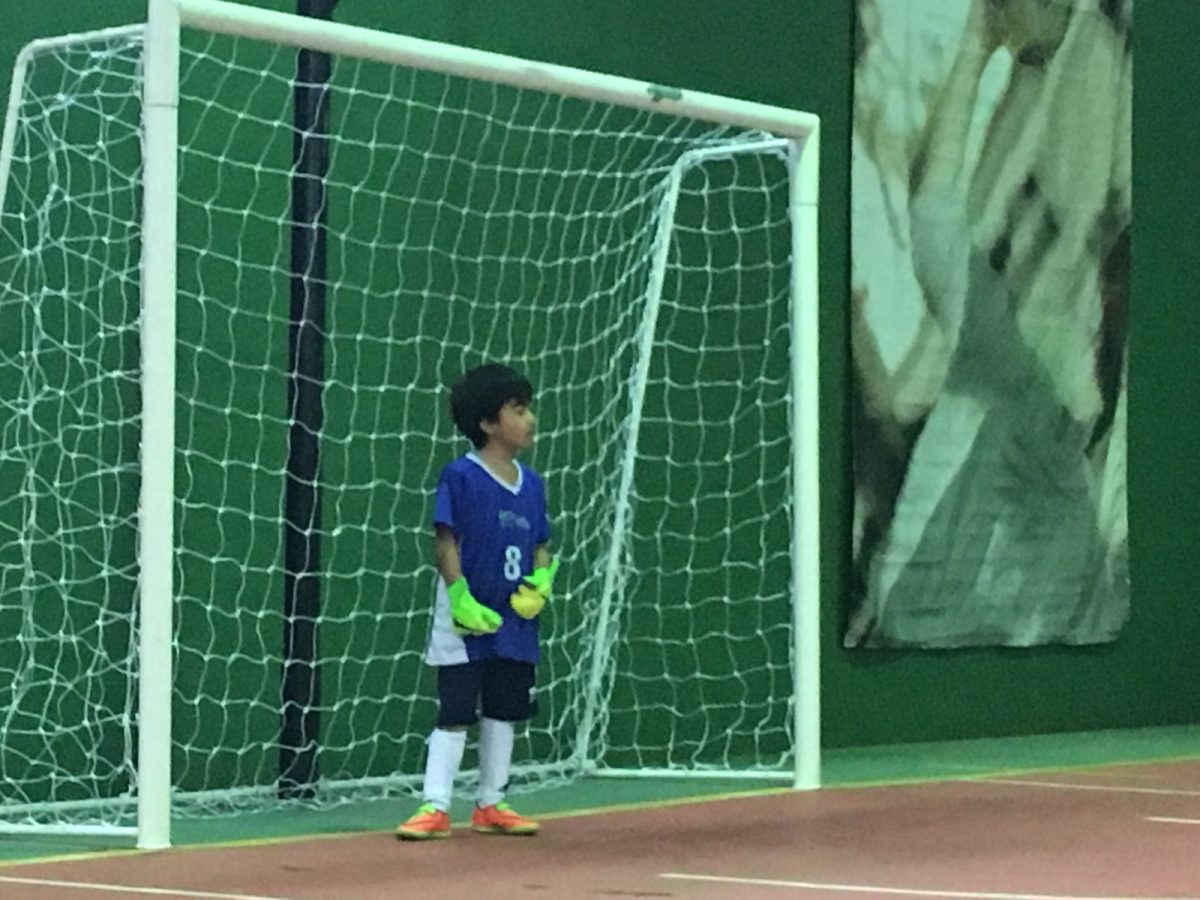
Jasmine • Feb 12, 2025 at 1:39 pm
This is so awesome!! amazing job Lillian!!